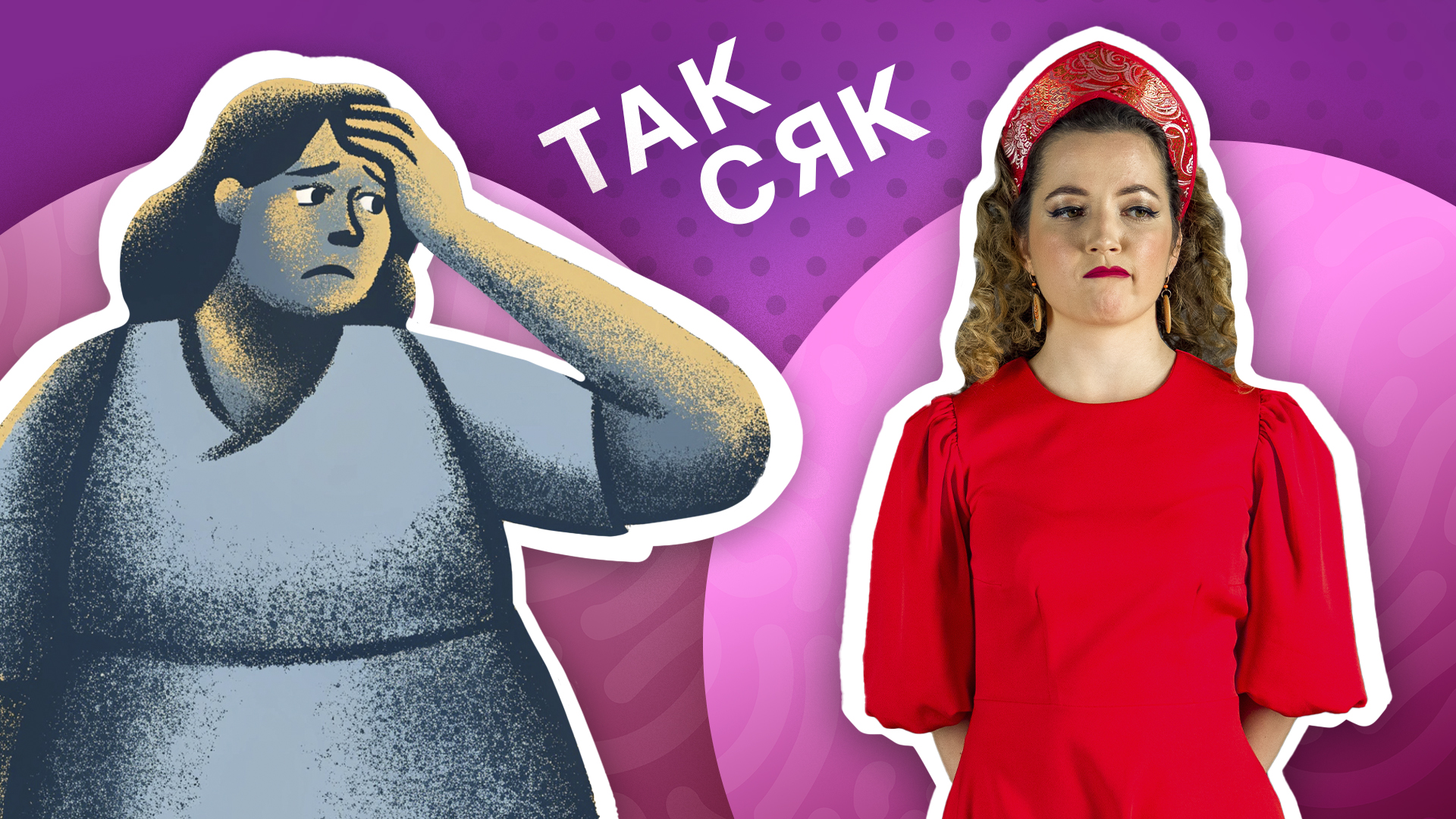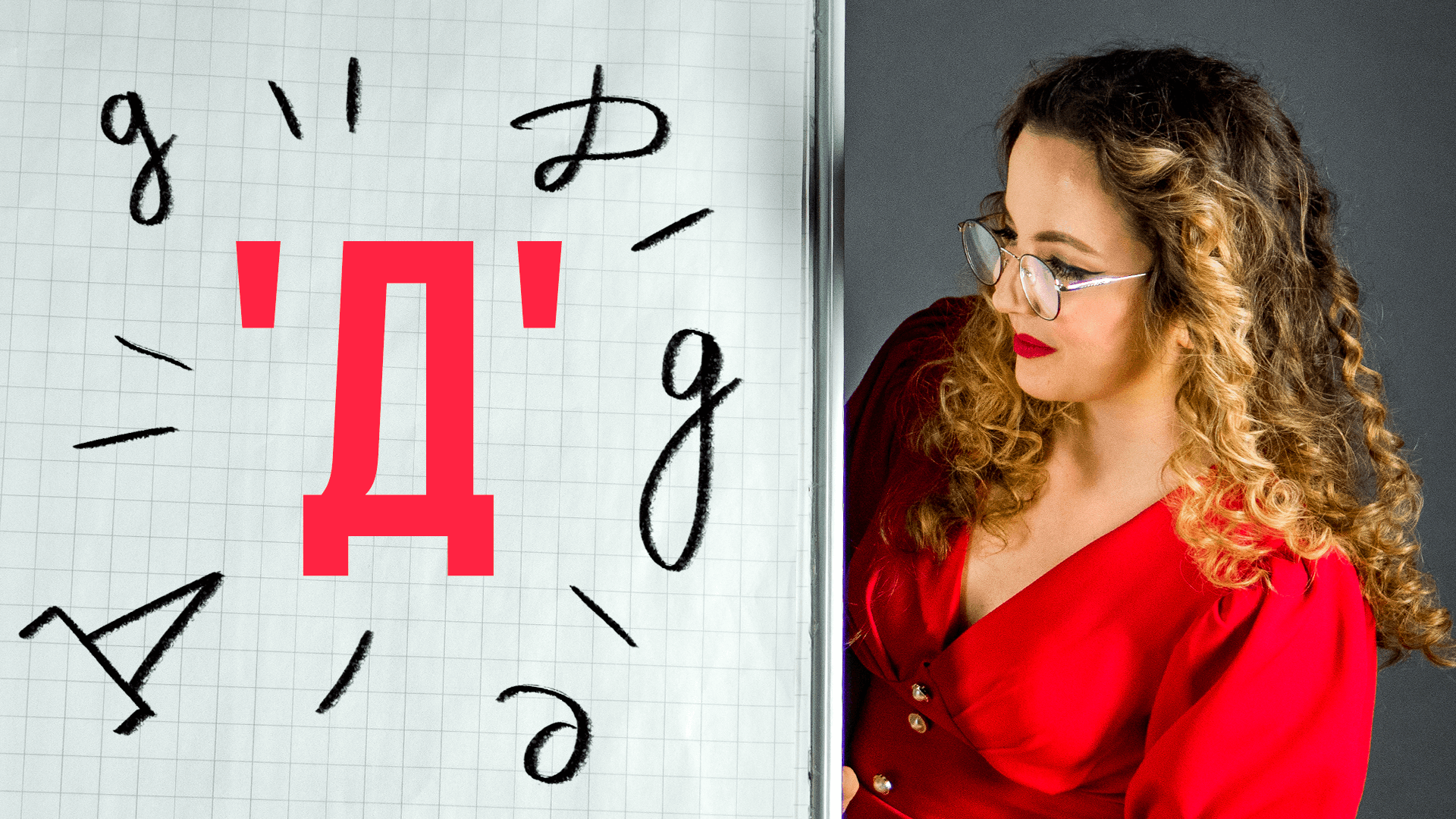
Why Russians used to add ‘-s’ at the end of words
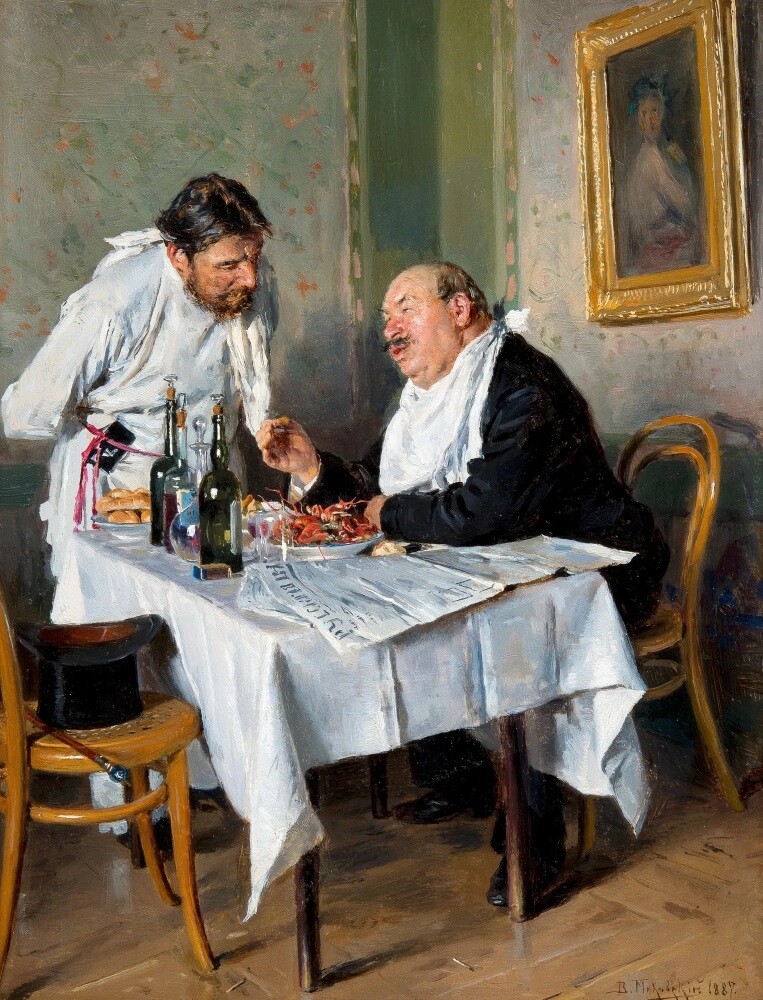 Vladimir Makovsky. In the Tavern, 1887
Vladimir Makovsky. In the Tavern, 1887
Reading classic Russian literature in the original language you can find some weird words ending with '-s'. “Извольте-с”, “да-с”, “нет-с” (Izvolte-s, da-s, net-s), meaning ‘please’, ‘yes’, ‘no’…
“Все да да нет; не скажет да-с
Иль нет-с”
That's a quote from Pushkin’s famous novel in verse, ‘Eugene Onegin’. In it, he writes that neighbors are not happy about Eugene, being impolite and addressing them in a wrong way.
Here's the translation, which will help you understand the meaning:
“Says yes and no, but never sir
Or madam’, so they all concur.”
And here's an episode from Gogol's comedy ‘The Government Inspector’:
“Хлестаков. Как называлась эта рыба?
Артемий Филиппович (подбегая). Лабардан-с.
Хлестаков. Очень вкусная. Где это мы завтракали? в больнице, что ли?
Артемий Филиппович. Так точно-с, в богоугодном заведении.”
And here's the translation:
“KHLESTAKOV. What was that fish called?
CHARITY COMMISSIONER (stepping forward). Labardan, sir!
KHLESTAKOV. It was exquisite! Where was it we lunched? In the infirmary, wasn't it?
CHARITY COMMISSIONER. Precisely so, sir; in the hospital.”
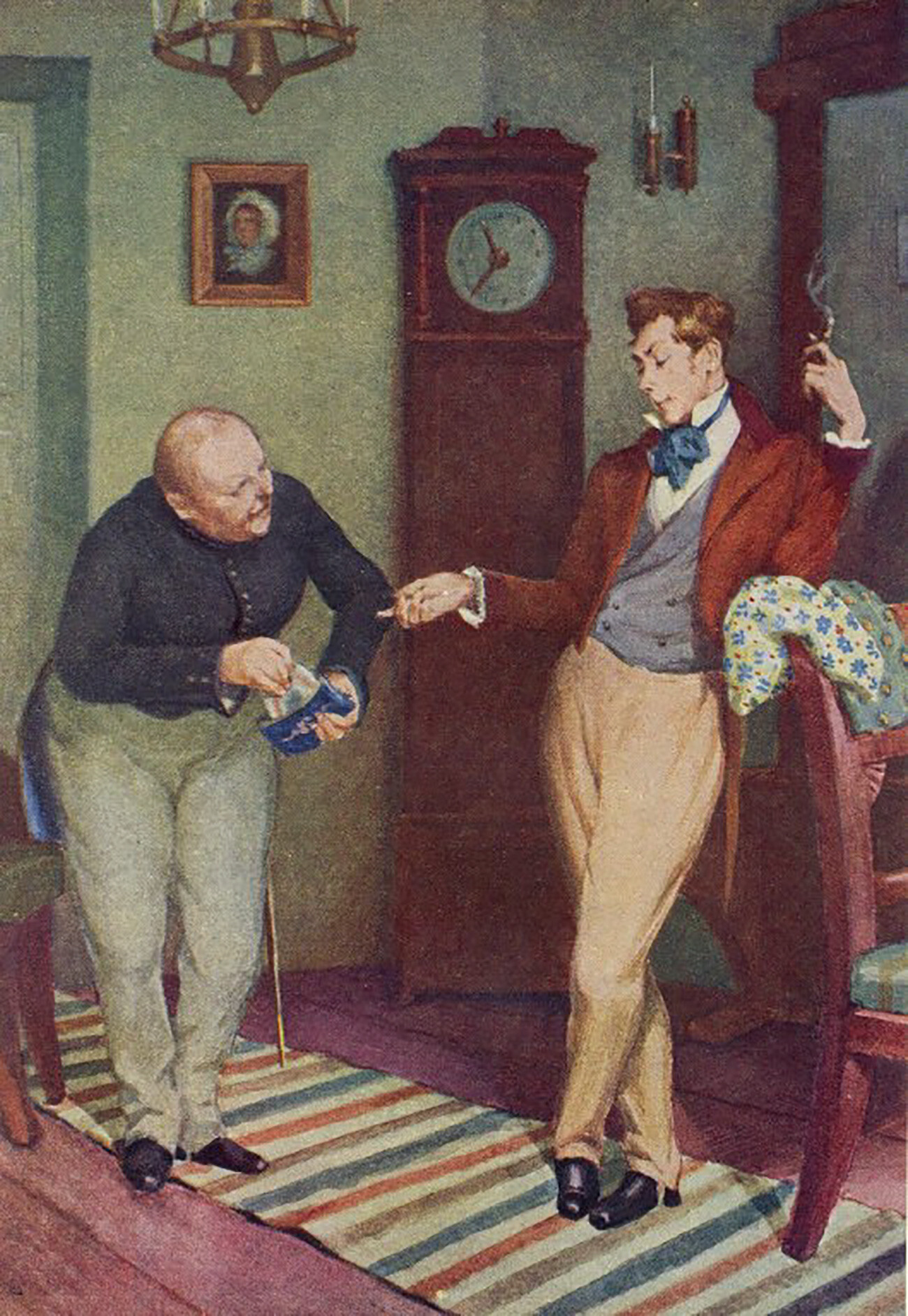 Illustration for “The Government Inspector” by Nikolai Gogol, 1950
Illustration for “The Government Inspector” by Nikolai Gogol, 1950
Now, you see, they added ‘-s’ at the end of words to express special respect, honor to the interlocutor. In fact, ‘-s’ is nothing but an abbreviation of ‘sir’ or ‘sovereign’, as they would address aristocrats and nobles.
Most often, servants or low-ranking people used this to address their elders and superiors. Therefore, by the end of the 19th century, the ‘-s’ particle was perceived negatively, almost as a form of sycophancy.
And many writers used ‘-s’ to give some extra trait to their characters. It usually meant ingratiation.
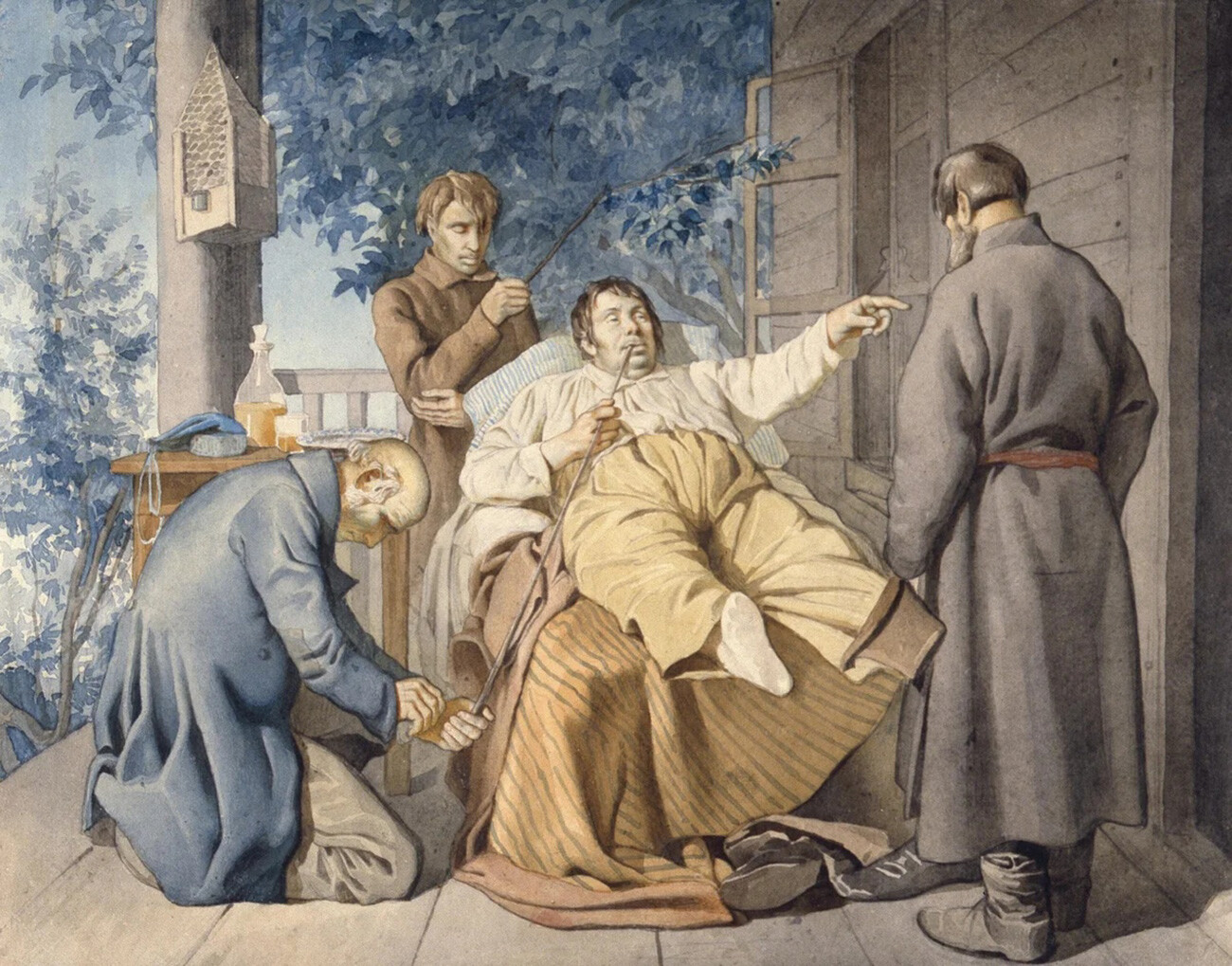 Konstantin Trutovsky. Landowner and His Serfs, 1853
Konstantin Trutovsky. Landowner and His Serfs, 1853
“Nikolay Ilyitch Snegiryov, sir, formerly a captain in the Russian infantry, put to shame for his vices, but still a captain. Though, I might not be one now for the way I talk; for the last half of my life I've learnt to say ‘sir’. It's a word you use when you've come down in the world,” a character talks about himself in Dostoyevsky’s ‘The Brother Karamazov’.
After the 1917 Bolshevik Revolution, such addressing as ‘sir’ was canceled and replaced by ‘comrade’ and ‘tovarishch’. So, the ‘-s’ phenomenon disappeared and became history.






